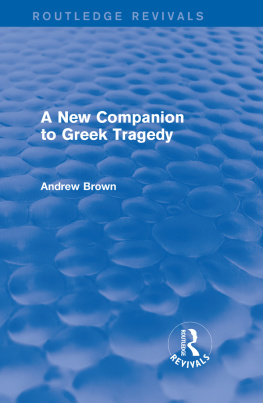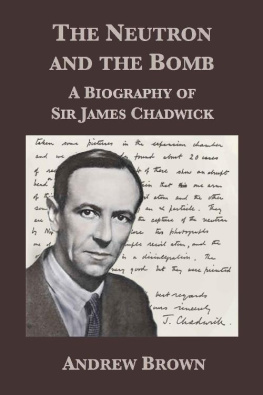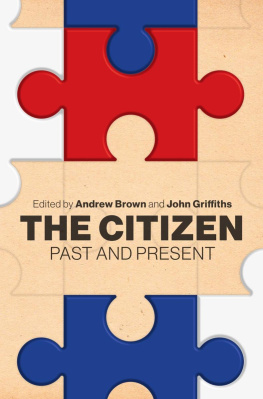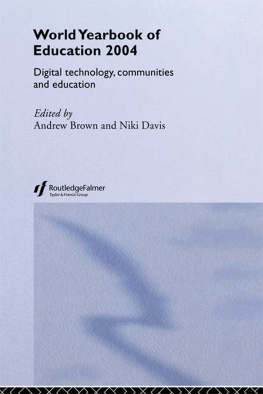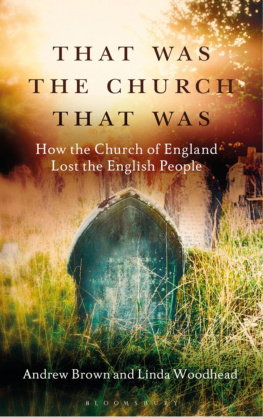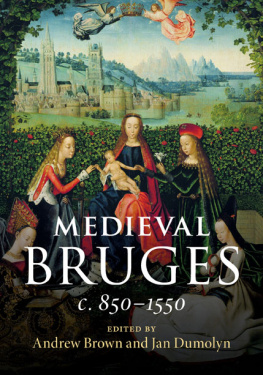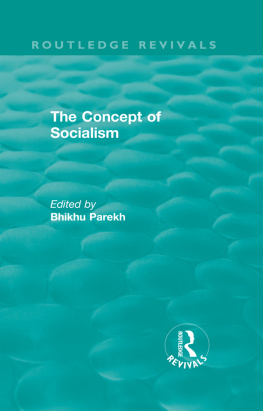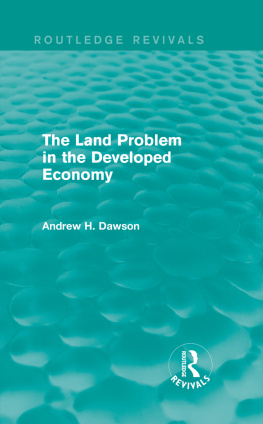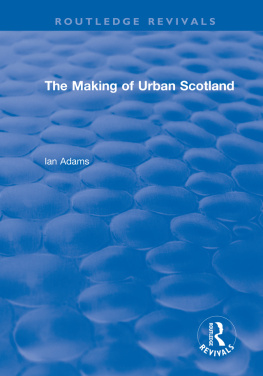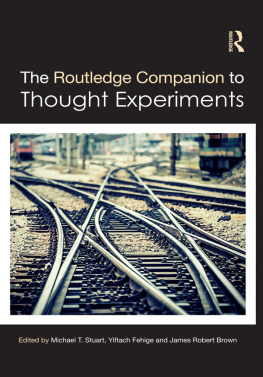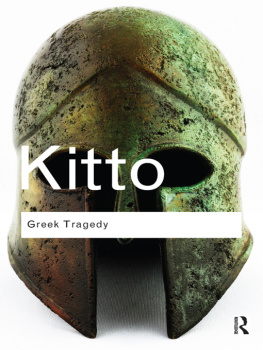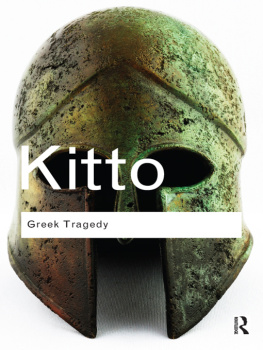Routledge Revivals
A New Companion to Greek Tragedy
That the works of the ancient tragedians still have an immediate and profound appeal surely needs no demonstration, yet the modern reader continually stumbles across concepts which are difficult to interpret or relate to moral pollution, the authority of oracles, classical ideas of geography as well as the names of unfamiliar legendary and mythological figures.
A New Companion to Greek Tragedy provides a useful reference tool for the Greekless reader: arranged on a strictly encyclopaedic pattern, with headings for all proper names occurring in the twelve most frequently read tragedies, it contains brief but adequately detailed essays on moral, religious and philosophical terms, as well as mythical genealogies where important. There are in addition entries on Greek theatre, technical terms and on other writers from Aristotle to Freud, whilst the essay by P. E. Easterling traces some connections between the ideas found in the tragedians and earlier Greek thought.
First published in 1983
by Croom Helm Ltd
This edition first published in 2014 by Routledge
2 Park Square, Milton Park, Abingdon, Oxon, OX14 4RN
and by Routledge
711 Third Avenue, New York, NY 10017
Routledge is an imprint of the Taylor & Francis Group, an informa business
1983 Andrew Brown
The right of Andrew Brown to be identified as author of this work has been asserted by him in accordance with sections 77 and 78 of the Copyright, Designs and Patents Act 1988.
All rights reserved. No part of this book may be reprinted or reproduced or utilised in any form or by any electronic, mechanical, or other means, now known or hereafter invented, including photocopying and recording, or in any information storage or retrieval system, without permission in writing from the publishers.
Publishers Note
The publisher has gone to great lengths to ensure the quality of this reprint but points out that some imperfections in the original copies may be apparent.
Disclaimer
The publisher has made every effort to trace copyright holders and welcomes correspondence from those they have been unable to contact.
A Library of Congress record exists under LC control number: 83003842
ISBN 13: 978-0-415-74041-8 (hbk)
ISBN 13: 978-1-315-81564-0 (ebk)
Additional materials are available on the companion website at
[http://www.routledge.com/books/series/Routledge_Revivals]
1983 Andrew Brown
Croom Helm Ltd, Provident House, Burreil Row,
Beckenham, Kent BR3 1 AT
British Library Cataloguing in Publication Data
Brown, Andrew
A new companion to Greek tragedy.
1. Greek drama Dictionaries
I. Title
882.010321 PA 3131
ISBN 0-7099-0660-9
ISBN 0-7099-0675-7 Pbk
First published in the United States of America 1983 by
Barnes and Noble Books,
81 Adams Drive,
Totowa, New Jersey 07512
Library of Congress Cataloging in Publication Data
Brown, Andrew, 1950-
A new companion to Greek tragedy.
1. Greek drama (Tragedy) Dictionaries. I. Title.
PA31.B76 1983 882.0109 83-3842
ISBN 0-389-20389-0
ISBN 0-389-20396-3 Pbk
Printed and bound in Great Britain
by Billing & Sons Limited, Worcester.
CONTENTS

This book is intended primarily for those who are reading Greek tragedies in translation, though students of Greek may also find it of some use. Its purpose is simply to provide factual information that will remove some of the barriers separating the modern reader from the plays. The book does not contain literary criticism; readers must look elsewhere for accounts of the plays significance and value.
Although the whole corpus of surviving Greek tragedy has been taken into account throughout the book, 15 of the most widely-read plays have been selected for detailed coverage. These are Agamemnon, Choephori (Libation-Bearers), Eumenides and Seven against Thebes of Aeschylus; the Prometheus Bound attributed to Aeschylus; the Oedipus Tyrannus, Oedipus Coloneus, Antigone, Electra and Philoctetes of Sophocles; and the Medea, Hippolytus, Electra, Trojan Women and Bacchae of Euripides. The entries, alphabetically arranged, are intended to cover all mythical and geographical names occurring in these 15 plays; all names and technical terms which commonly occur in modern criticism of Greek tragedy; and various features of Greek life, religion and dramatic convention which are likely to seem foreign to the modern reader. The Introduction includes an essay by Mrs P. E. Easterling, setting the plays in the context of Greek literary tradition, and a very brief account of the careers of the three great tragedians. The Bibliography includes a guide to English translations of tragedy, as well as references to a wide range of modern studies.
The word New in the title of the book is included to distinguish it from J. Ferguson, A Companion to Greek Tragedy (Austin, 1972), with which it has no connection.
I am most grateful to Dr Audrey Griffin for her work on the map; to Miss A. E. Healey and her colleagues at the Library of the Hellenic and Roman Societies for their helpfulness and efficiency; and to Richard Stoneman of Croom Helm for his advice and encouragement. To Pat Easterling I owe a much greater debt than the habitual cliches of prefaces can possibly convey. She taught me much of what I know about Greek tragedy; the idea for this book was entirely hers; and, besides contributing Part I of the Introduction, she has given unstinting and invaluable advice at every stage in the books production. In a sense this is as much her book as mine, and my best excuse for not saying so on the title page is my acute awareness of the many defects which would have been avoided if she had done the writing of it herself.
Andrew Brown
From the vantage point of the modern reader Greek tragedy marks a beginning. As one of the most remarkable products of Athenian culture in the fifth century BC it stands at the head of the great tradition of European drama, a norm or a model for later ages to emulate, reinterpret or reject. But seen in the context of Greek literary history this novel creation of the fifth century is itself a deeply traditional phenomenon, which draws much of its peculiar richness and strength from the poetry of the past.
One of the most striking features of Greek tragedy is the fact that nearly all its plots were based on the stories of the Heroic Age, the time of the Trojan War and the generations that came before and after it. These stories were well known all over the Greek-speaking world from the vast corpus of heroic poetry which had been handed down during the archaic period and exercised a profound influence on Greek education, Greek self-consciousness and all subsequent Greek literature and art. In many ways it was the most natural thing in the world for a playwright of the fifth century to choose the doings of Agamemnon, Heracles or Odysseus as the subject matter of tragedy; this is what earlier poets composers of lyric or elegy had done when they wanted examples to illustrate their themes, and for the playwright there was the added attraction that many of the stories were already well adapted to dramatic treatment. The epic poets, or some of them at least, had shaped their narratives in ways that brought out their tragic significance:


